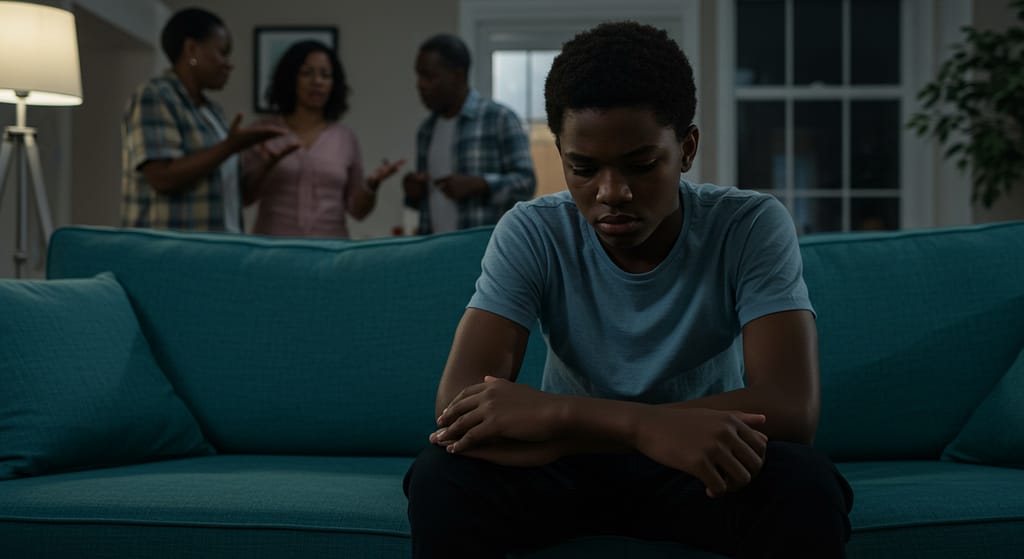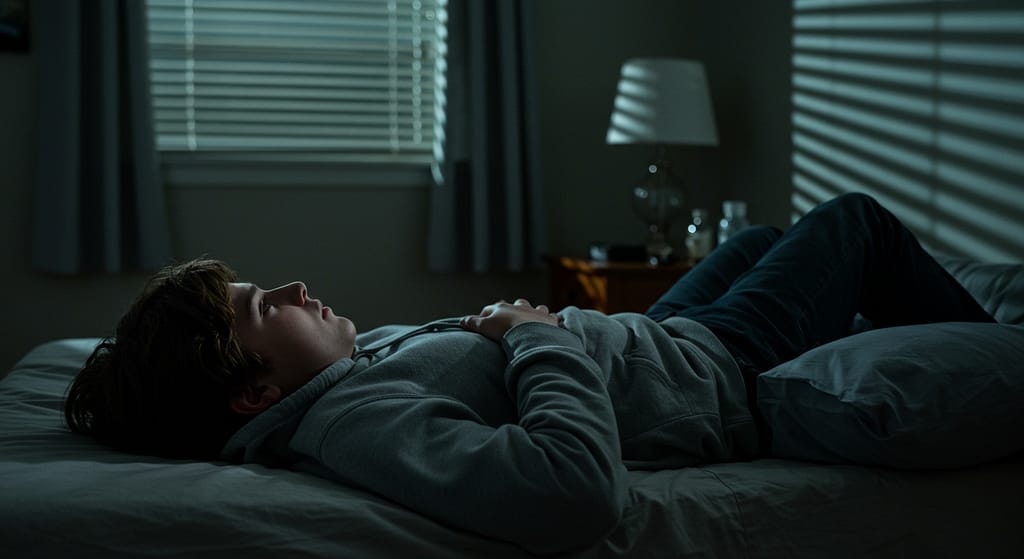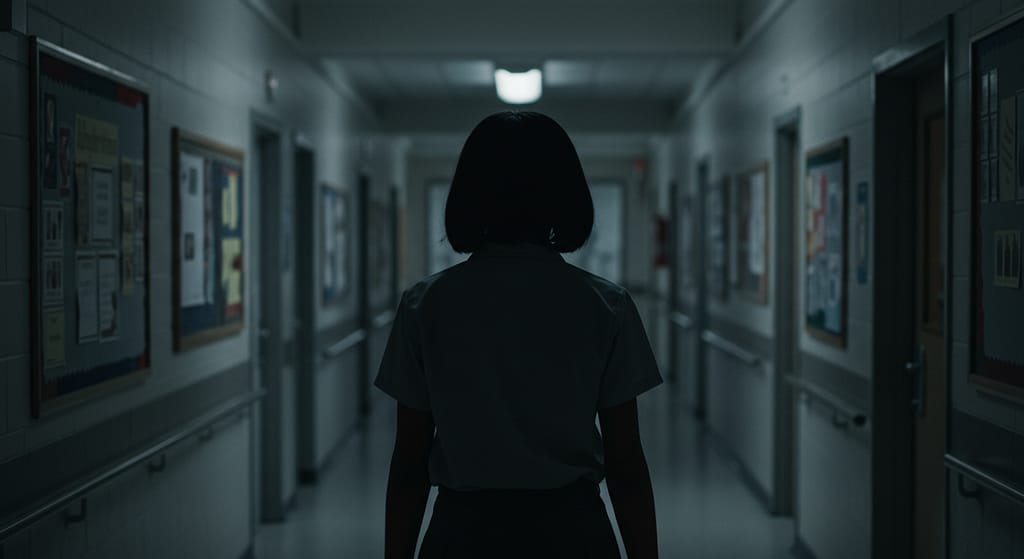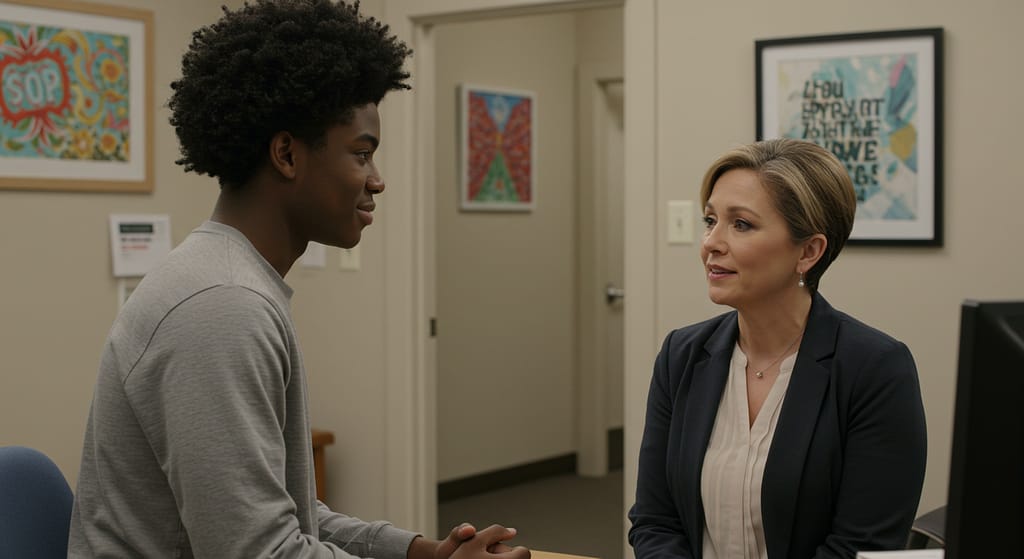Family Tension
Chronic stress can increase the risk of not only physiological issues but psychological ones too. The sad truth is that the African American household is far more likely to have conditions that lead to chronic stress, which means Black teens in America are at a disproportionate risk. Economic hardship, generational trauma, and systemic inequalities all contribute to this pressure. These stressors can manifest in everything from school performance to relationships and long-term health.

Chronic Stress
First of all, chronic stress is a consistent and long-term state of feeling pressured, threatened, or overwhelmed. It presents through symptoms like body aches, difficulty concentrating, irritability, and sleep disturbances. Prolonged exposure to such stress—especially without support—can evolve into serious mental health issues, including anxiety and depression. Teens in these environments often suffer in silence, internalizing their pain due to a lack of safe outlets or understanding from those around them.

Disproportionate Risk
As Beth Daley wrote in The Conversation, “Black youth in the U.S.A experience more illness, poverty, and discrimination than their white counterparts.” And despite this higher risk, Black teens are less likely to receive mental health treatment. Factors include financial barriers, social stigma, and cultural mistrust of healthcare systems. This silence adds to the weight they already carry, turning everyday life into a mental and emotional battle.

Punishment and Pressure
Black teens live in a society where negative stereotypes still shape how they’re perceived. They’re punished more harshly in schools for minor infractions and often judged prematurely by both peers and adults. Even in their homes, they may face high expectations or strict discipline as a result of generational fears for their safety. These experiences compound over time, leaving lasting marks on their mental wellbeing.

Stigma and Seeking Help
Having depression or anxiety doesn’t make someone “crazy.” It means they’re experiencing real challenges that deserve proper care. Just like a person with asthma needs medical attention, so does someone suffering from stress-related conditions. Unfortunately, Black teens are often told to “tough it out” or “pray it away,” and many grow up believing that therapy is a sign of weakness—when it’s actually a powerful act of strength.

Systemic Mistrust and Family Struggles
Due to a history of racial bias in healthcare, many Black families are wary of medical professionals. It’s understandable—but also dangerous when it prevents people from getting the help they need. For healthcare providers, teachers, and parents, the goal must be to create safe, inclusive spaces for Black youth to be heard and cared for. That means listening without judgment, honoring their stories, and doing the internal work of unlearning biases.

Final Thought: They Are Not the Problem
Prevention begins with how we treat Black youth today. Ask yourself: Why do we assume the worst in them? Why do we react with punishment before understanding? The truth is—Black teens are not the problem. They are our future, and they deserve compassion, protection, and healing. Every adult—parent, teacher, therapist, or neighbor—has a part to play in helping them thrive.


